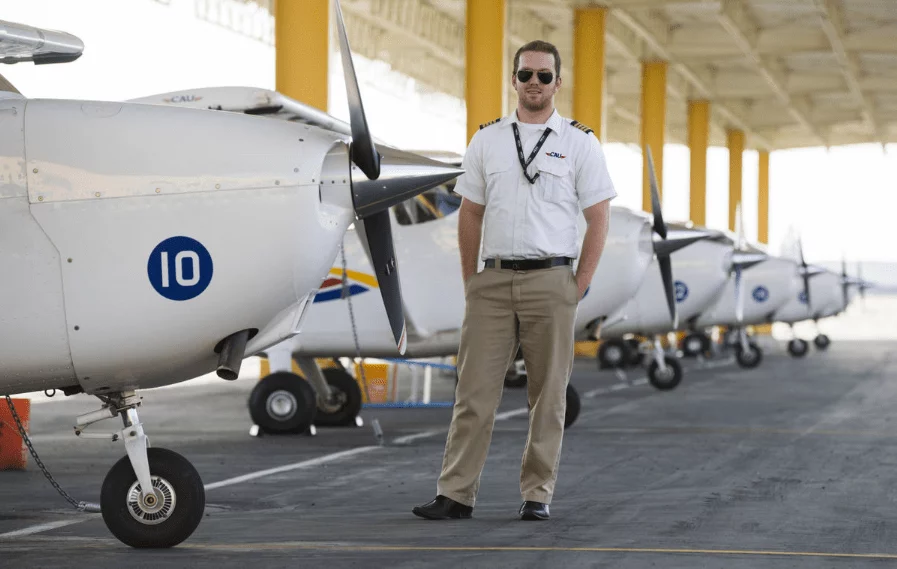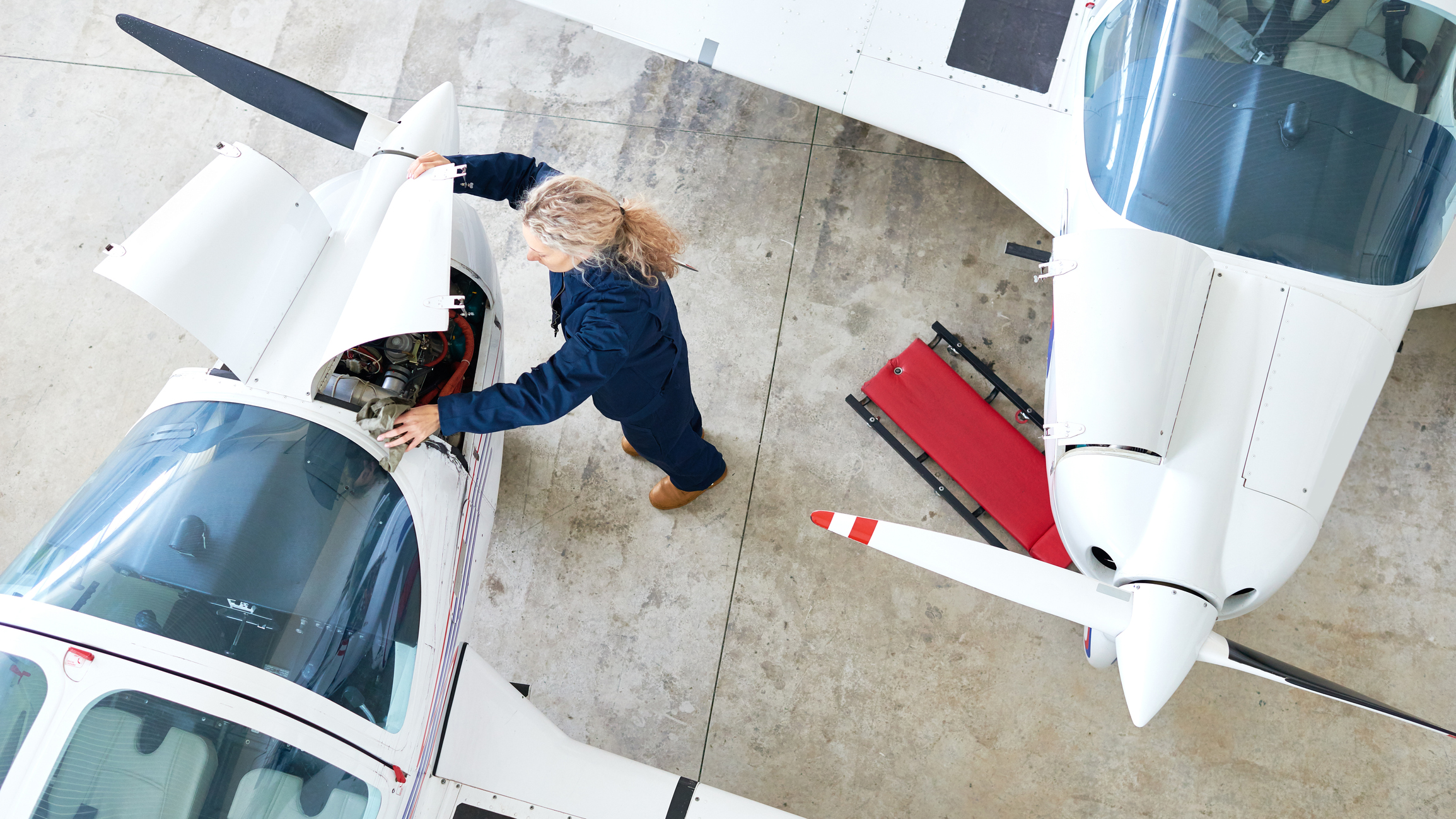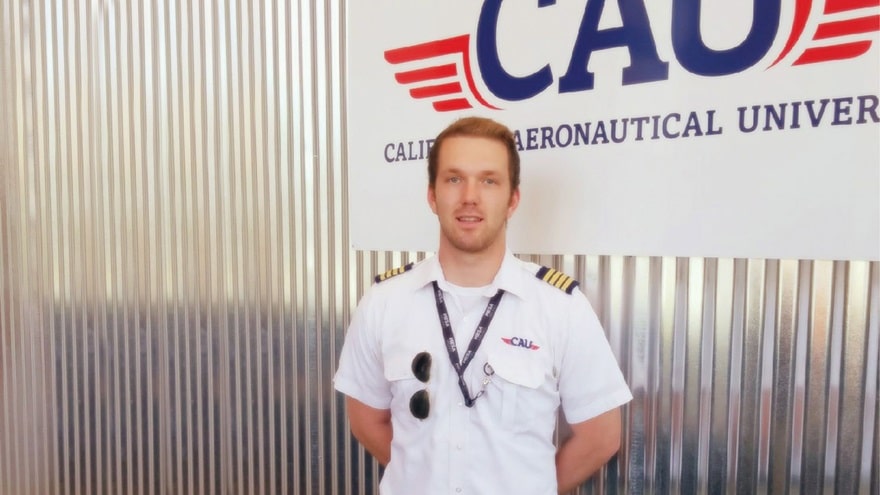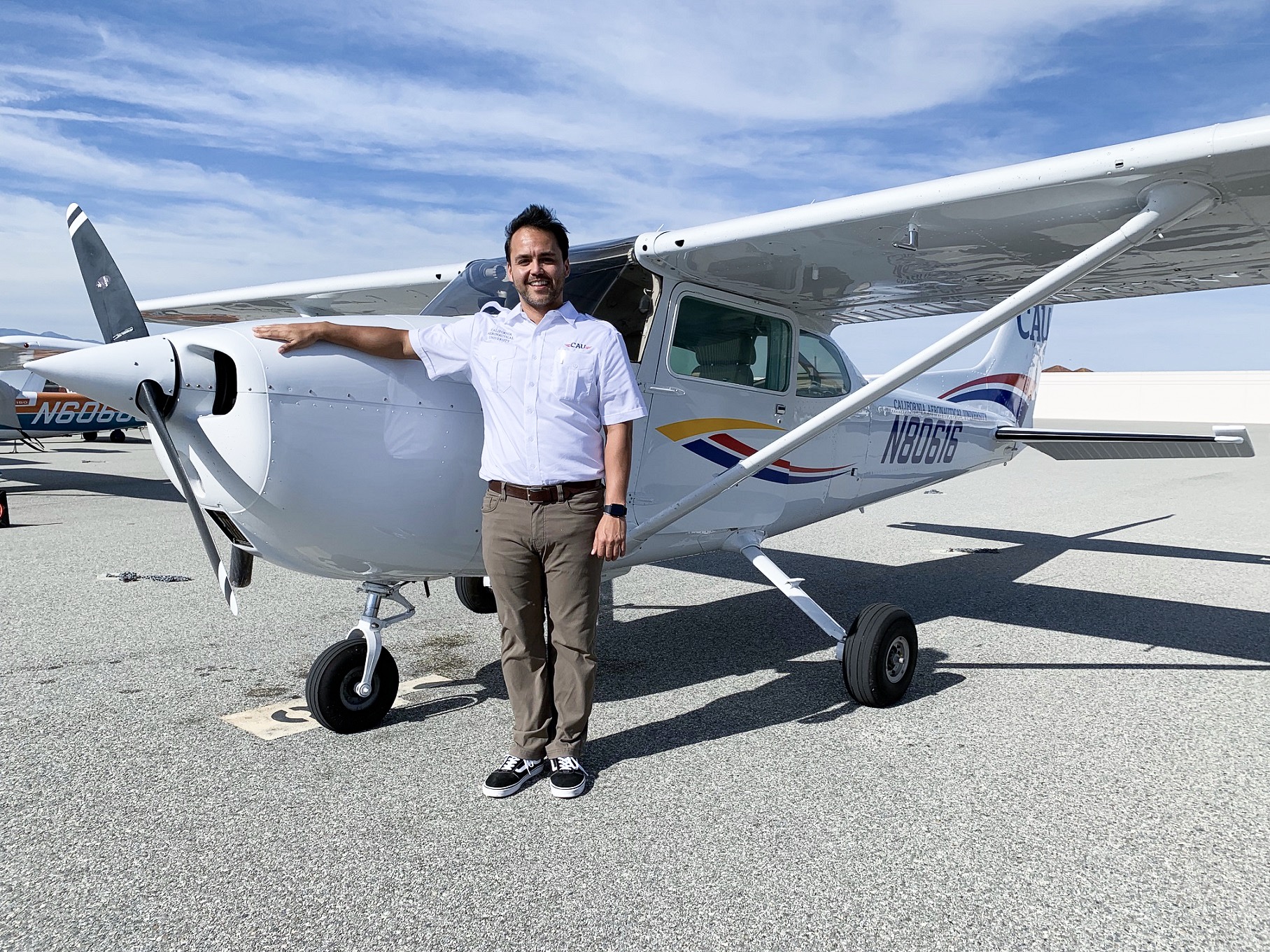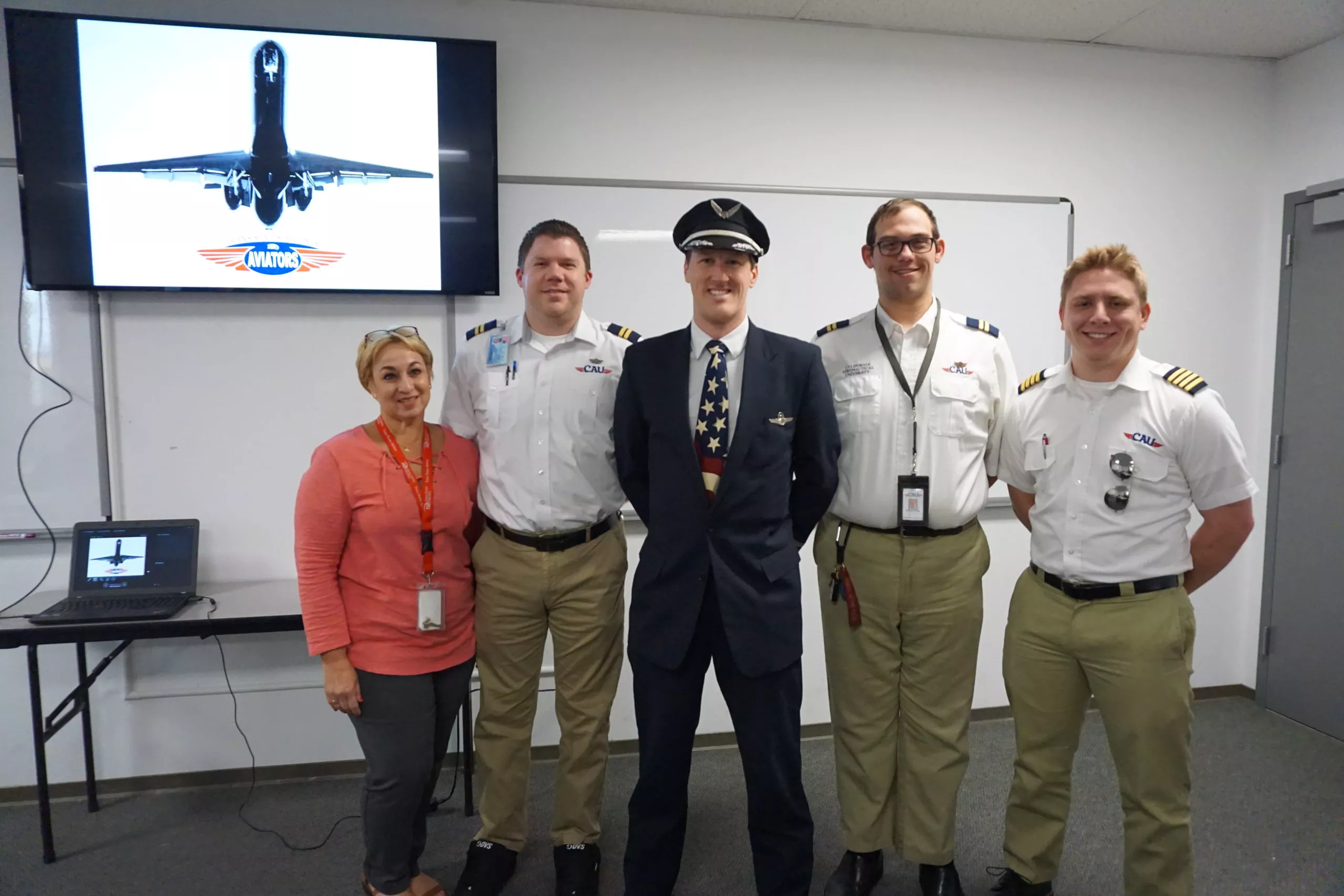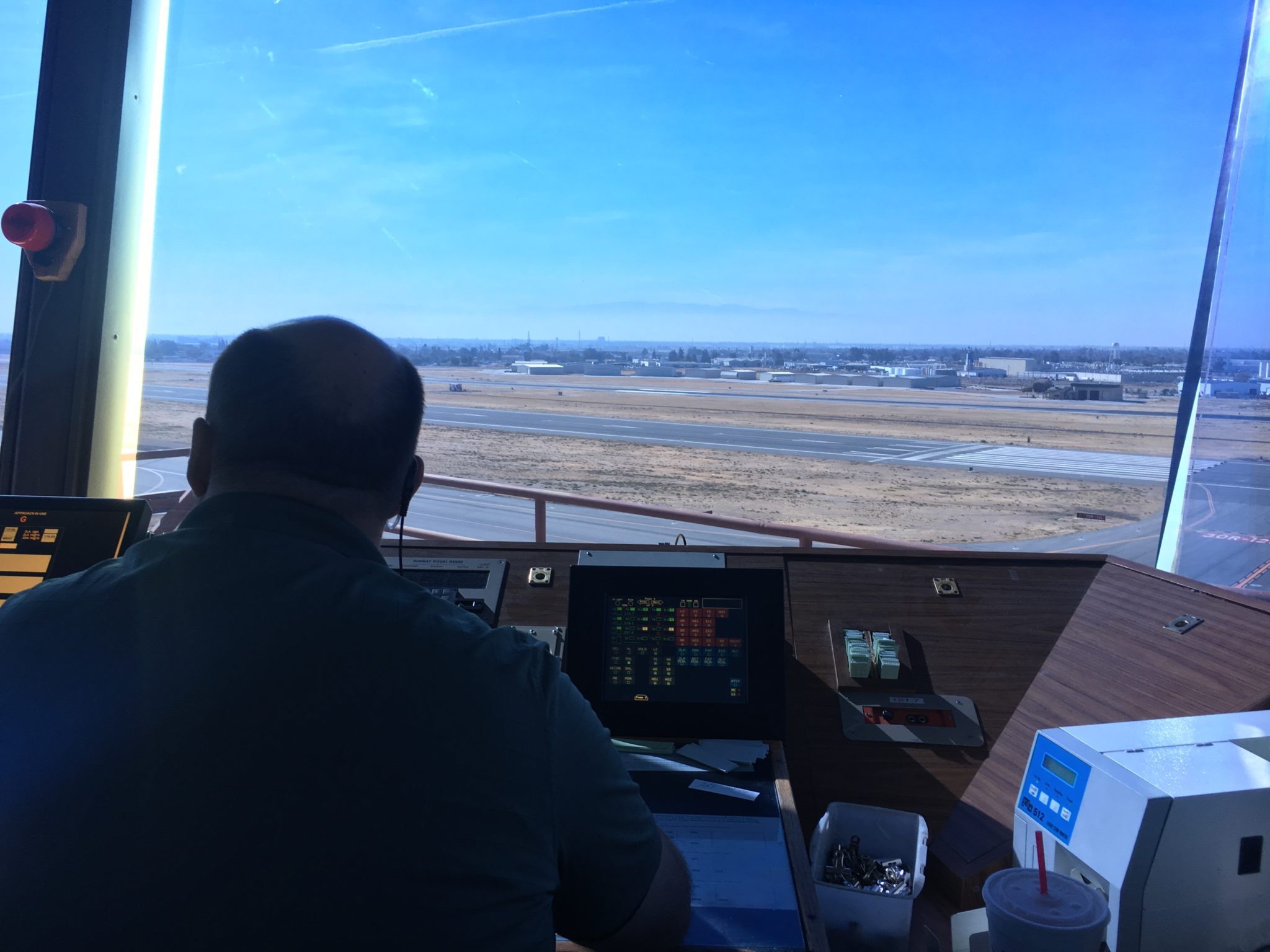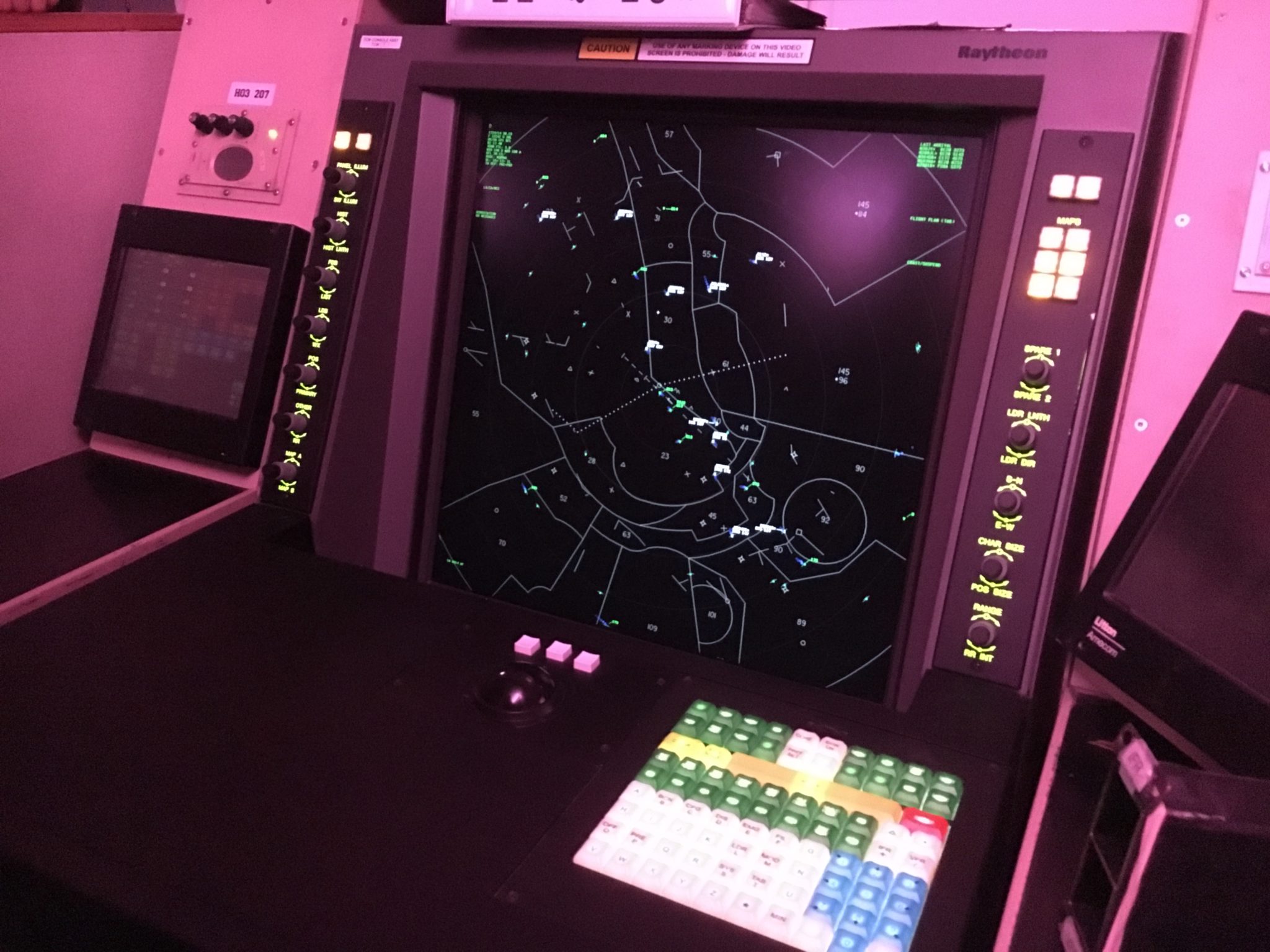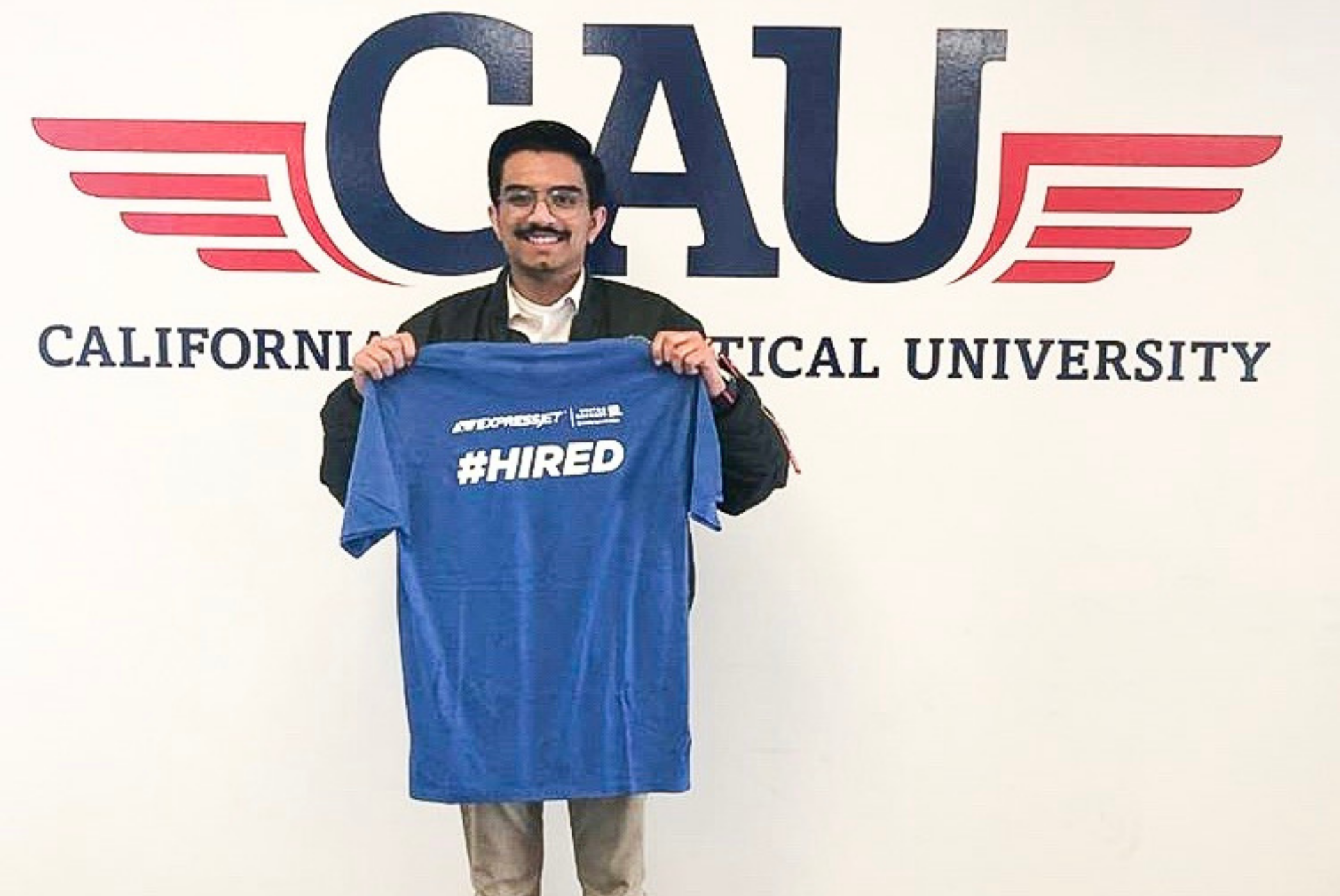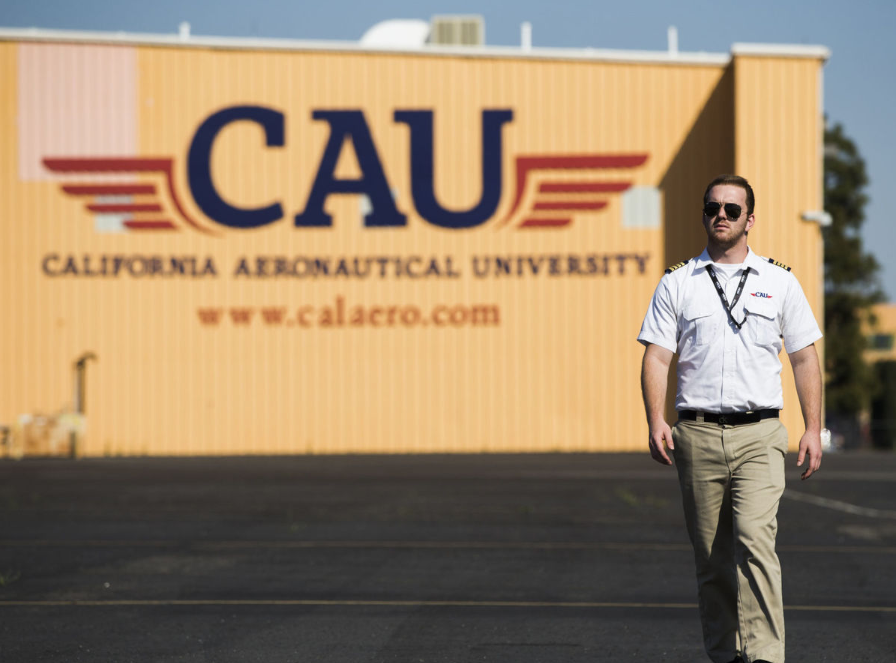If you’ve been considering an aviation career, there are many benefits to beginning your journey today. Here’s how.
With the aviation industry currently in a state of flux due to COVID-19 restrictions and the subsequent shutdown, some might question the wisdom of beginning an aviation career or studying for an aviation degree. Some are concerned that the pilot shortage is gone forever and that aviation careers are irreversibly on the decline. This is a short-sighted viewpoint. In many ways, this is an optimal time to begin the process of becoming an aviation professional with a Bachelor’s of Science, with or without the certification to fly for pay.
No matter what your career aspirations are, as a commercial pilot or otherwise, holding a four year degree can be useful in this rapidly changing economy and work space. Despite the shifts, this is an advantageous moment to consider beginning an aviation degree. In addition, even with the effects of the pandemic, the occupational outlook for pilots is bright.
Why Begin an Aviation Career Now?
Although some airlines suddenly switched from scooping up qualified pilots wherever they could be found to a COVID-19 induced hiring freeze, the situation will not remain static for long. While fear of the virus discouraged many businesses and travelers from booking tickets, most stayed away from airports due to stay at home orders enforced by states and other local governments. With most local attractions and many hotels shut down, there was nowhere to go and no place to stay even if travelers wanted to fly.
Many restrictions on business travel were imposed from corporate headquarters, changes which are under revision even now as stay-at-home orders lift and families begin to emerge from quarantine. Such mainstays of summer as amusement parks and historical tours are opening their gates, providing a destination for those eager to escape the same four walls. Passenger manifests have begun to increase. On the corporate side, restrictions are even looser, and some businesses are turning to charter flights while airline schedules slowly rebuild.
A federal bailout from the United States government allowed the airlines to remain afloat during the worst of the shutdown. Some airlines have restarted training, and the backlog of pilots waiting to begin their career at regional and major airlines has begun to lessen. In the meantime, some senior pilots awaiting upgrade or “flow” to a major airline have changed paths to become corporate aviators or instructors. Others have taken early retirement or alternate career paths during furlough.
Opportunity for Advancement
When flights take off once more, this leaves even more opportunity for advancement. In fact, in April 2020, the U.S. Bureau of Labor Statistics indicated 6% job growth for pilots through 2020. The same conditions which began the pilot shortage will still be in place after the economy recovers from the COVID-19 shutdown. Students who start flight training, certification, or degree courses right now will be well-positioned in this reformed economy.
1) Decide on Your Path
Even if you want to start your aviation career without becoming a professional pilot, the pilot shortage affects and reflects the entire industry. When pilots are present, planes fly more often and meet more business schedules; when crews are not available, airplanes do not need as much maintenance, airports are less busy, flight schools and instructors are not as needed, and airlines are ordering fewer new airplanes. That means airplane mechanics, air traffic controllers, airport administrators, flight attendants, Certified Flight Instructors, dispatchers, FAA (Federal Aviation Administration) employees, aeronautical engineers, and service personnel are all touched by the ebb and flow of pilot hiring.
If you are unsure about which path you would like to take, it is best to visit an FAA-approved, well-established flight school to speak with some training pilots and gather the contact information of aviation professionals who are willing to discuss the various paths the industry offers. In the event you enjoy working with people, perhaps flight instructing or airport administration is for you. Those who enjoy aircraft design might consider a role as an aeronautical engineer. If you prefer a fast pace and work well with information, study aviation dispatch.
Some of these careers call for a college degree; some do not. All however, demand certain certificates and ratings. The best place to earn this is at a dedicated education center with knowledgeable instructors.
2) Choose a Comprehensive and Consistent Program
If deciding to combine FAA certification with a college degree, a facility which combines them both is ideal. Instructors in all courses, including those focusing on the liberal arts, tend to have a better understanding of your aviation career options and the industry as a whole than at universities that do not. Schedules are usually balanced to allow for ground school and flight training time, and such education centers are excellent places to meet students with similar interests and to form connections which will become invaluable in the workplace.
The path to becoming a professional pilot can take years if spread out between typical university classes, but doing so at an aeronautical university at a constant pace can see a student become a private pilot in months and a commercial pilot not long after that. This allows the student to integrate knowledge more efficiently and with the help of a wide variety of experienced instructors.
3) Learn the Basics
Becoming an aircraft dispatcher, commercial pilot, or other aviation professional demands a solid knowledge of FAA procedures and the ability to work well within a structured environment. A comprehensive and consistent program can effectively introduce a student to these basics, whether in flight or on the ground.
Combining these in route to becoming a professional pilot is best achieved at a steady pace, with healthy support and challenge from understanding instructors. Whether pressing on to advanced certification as a pilot or improving one’s knowledge of the industry with an MBA, an aeronautical university can help with a detailed, reliable, and robust foundation.
While learning about aviation and the particulars of your aviation career path, a good aeronautical college also assists with graduate services. Look for an institution which helps with internship placement and job assistance. You can also receive help with interview coaching, resume construction, and introduction to recruiters.
CAU is an FAA-approved flight school that provides not only the essentials of flight training but also offers programs in aviation maintenance, flight dispatch and business administration. If you are looking to begin your aviation career, contact us today!
Ready to soar in your aviation career?
Mr. Matthew A. Johnston has over 23 years of experience serving various roles in education and is currently serving as the President of California Aeronautical University. He maintains memberships and is a supporting participant with several aviation promoting and advocacy associations including University Aviation Association (UAA), Regional Airline Association (RAA), AOPA, NBAA, and EAA with the Young Eagles program. He is proud of his collaboration with airlines, aviation businesses and individual aviation professionals who are working with him to develop California Aeronautical University as a leader in educating aviation professionals.
